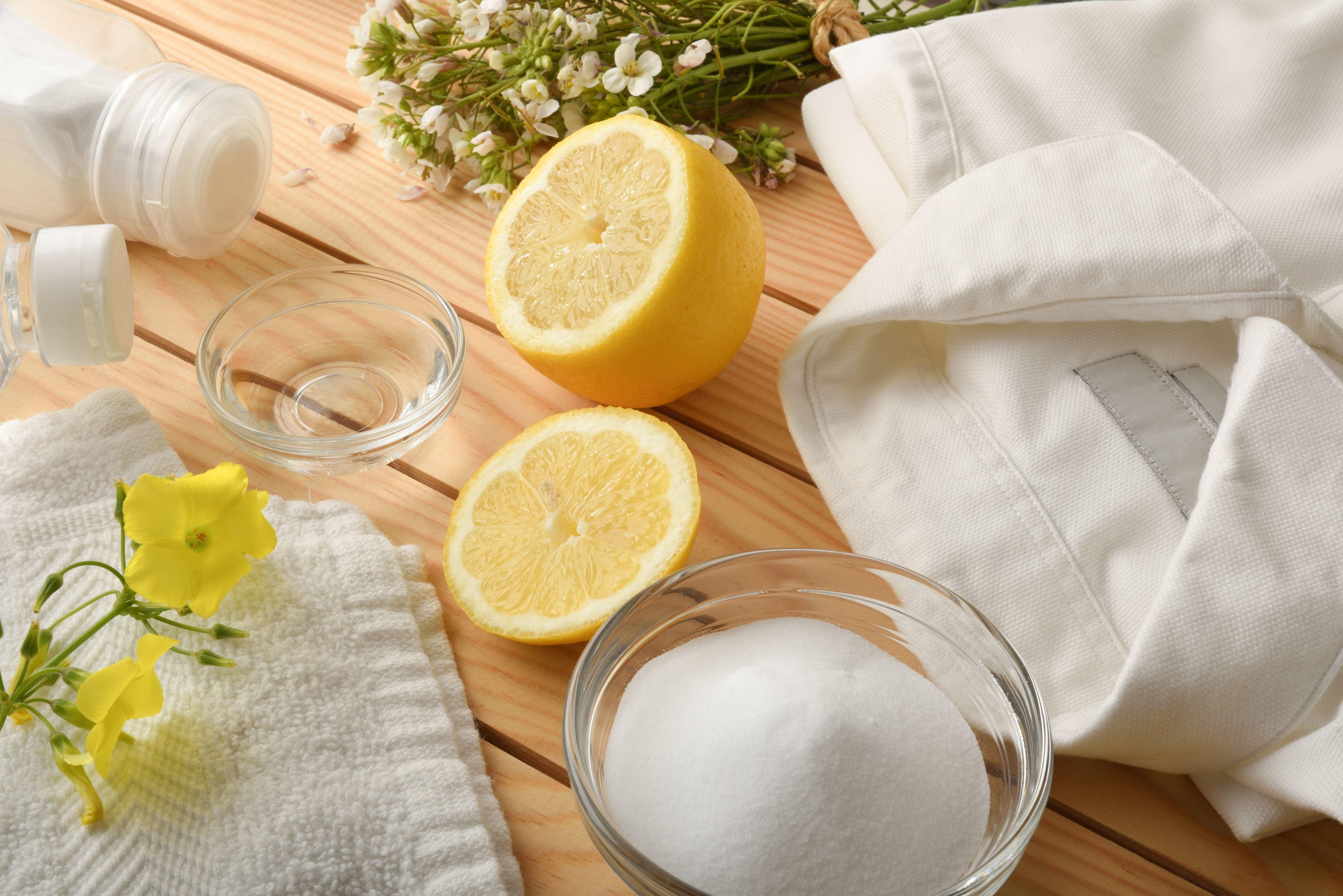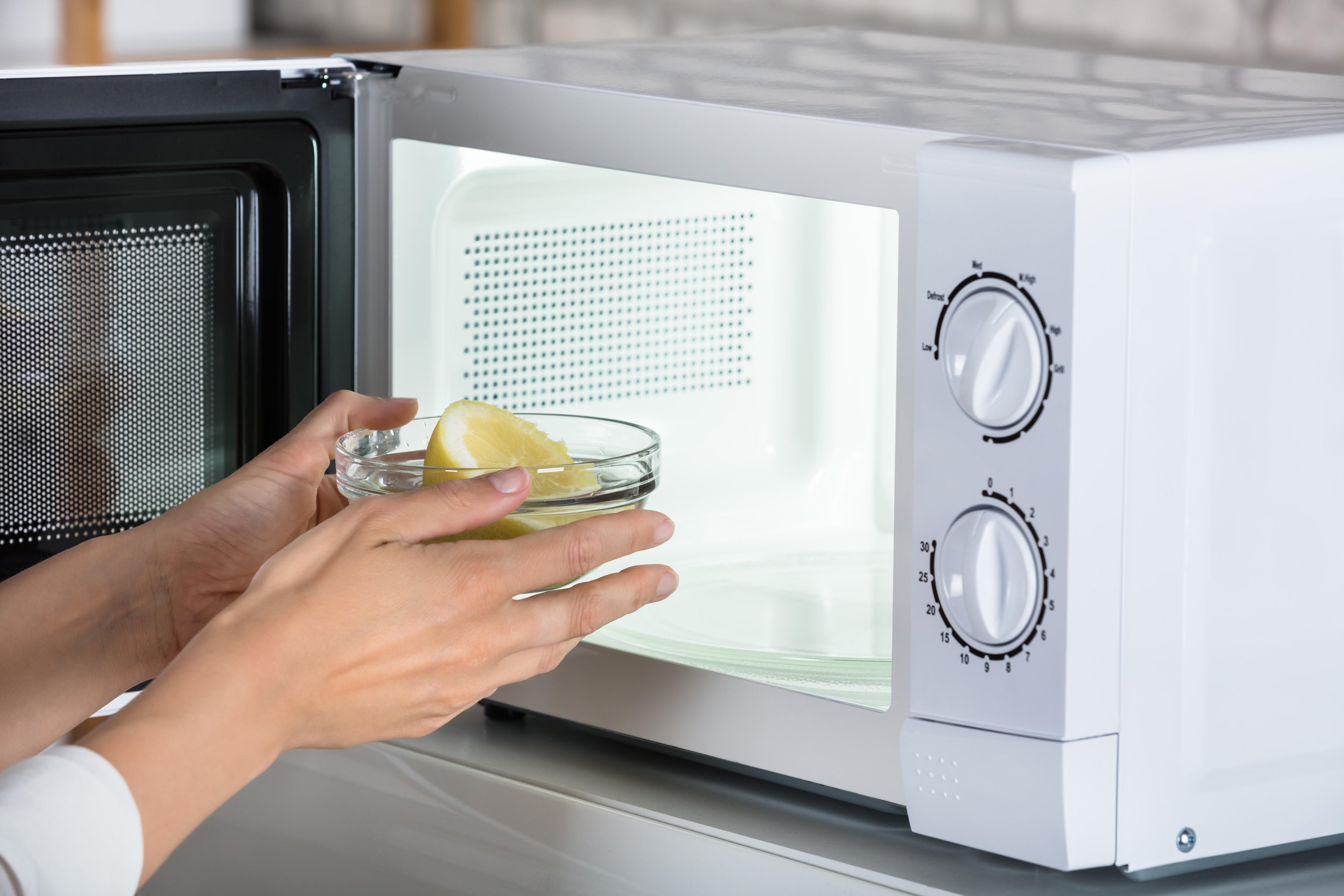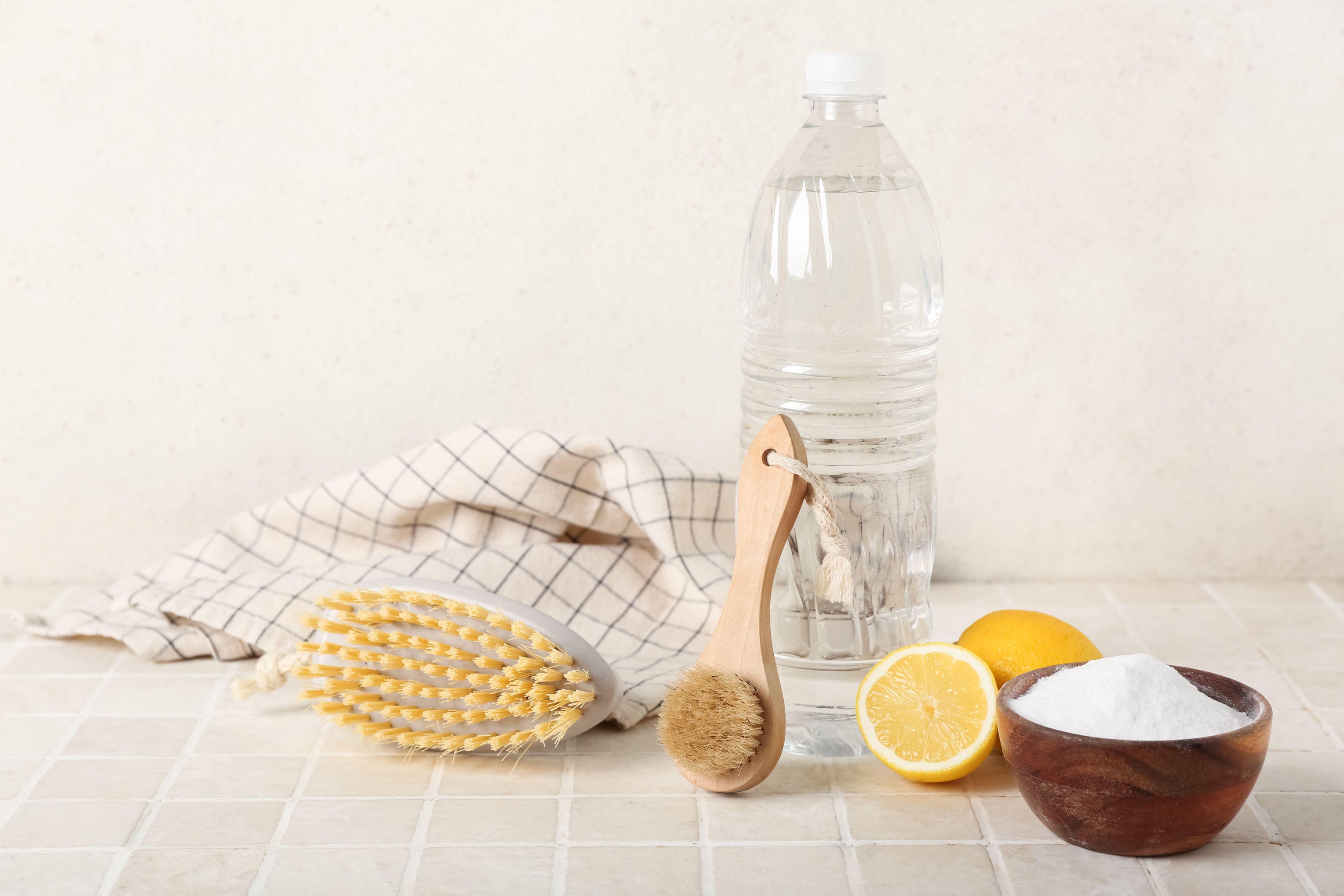Your support helps us to tell the story
In my reporting on women’s reproductive rights, I’ve witnessed the critical role that independent journalism plays in protecting freedoms and informing the public.
Your support allows us to keep these vital issues in the spotlight. Without your help, we wouldn’t be able to fight for truth and justice.
Every contribution ensures that we can continue to report on the stories that impact lives
Kelly Rissman
US News Reporter
Lemons are a dynamo for cleaning potential.
“Not just a staple in the kitchen, they’re also a must-have addition to your cleaning kit,” says Deyan Dimitrov, laundry expert at Laundryheap.
“Thanks to their natural acidity, lemons make an effective, eco-friendly alternative to chemical cleaners.”
From descaling appliances to brightening laundry, he says lemons can be used in various ways around your home to keep it fresh and clean.
1. Removing stains
“Lemons are a powerhouse when it comes to keeping your clothes clean, particularly for freshening up white fabrics,” highlights Dimitrov.
“The next time you do a load of white laundry, try adding half a cup of lemon juice to the wash cycle.”

“The natural bleaching properties of lemon juice will help brighten fabrics, giving tired-looking garments a new lease of life,” says Dimitrov.
For stubborn stains, he says to mix lemon juice with water in a 1 : 2 ratio, and soak the stained item in this solution for about 10 minutes before washing as usual.
“This method is particularly effective for grease stains – simply apply lemon juice directly to the stain, let it dry, and then wash the garment as normal.”
2. Descaling washing machines and other appliances
As Dimitrov points out, limescale build-up can be an annoying problem in washing machines, dishwashers and kettles. “Leaving limescale untreated risks affecting their efficiency and longevity.
“Luckily, lemons offer an effective solution to this common issue!” he quips.
To clean your washing machine, he says to squeeze some toothpaste onto two lemon halves, and pop them into the washing machine drum.
“Run a short, hot cycle to tackle watermarks and eliminate odours – this will keep your machine, and clothes, fresh and sparkling.”
To descale your dishwasher, he says to cut a lemon in half and place both halves in the bottom drawer before running a regular cycle.
“The acidity of the lemon will help dissolve limescale and soap scum, improving your dishwasher’s performance and leaving it smelling fresh.”
For descaling your kettle, he says lemon peel works wonders, and it’s also a great way to use leftover lemon scraps.
“Fill the kettle with water to its maximum capacity, add the peel of one lemon, and bring it to a boil. Allow the mixture to cool before emptying the kettle.
“The citric acid in the lemon peel breaks down limescale deposits inside the kettle – if any limescale remains, you can repeat the process as needed for a spotless result,” adds Dimitrov.
3. Cleaning your microwave
Microwaves can become a hotspot for food spills and unpleasant odours over time, warns Dimitrov. “To combat this, lemon juice provides a simple and effective way to tackle these issues.”

To clean your microwave, squeeze the juice of a lemon into a heatproof dish containing 100ml of water, says Dimitrov, who explains you need to microwave the mixture on full power for one minute, then leave it to cool for around 10 minutes.
“The steam from the lemon juice and water will loosen stubborn stains and grease. Once it has cooled, wipe down the microwave’s interior with a clean, damp cloth to remove any remaining residue, leaving your microwave clean and fresh.”
What not to clean with a lemon
While lemons are incredibly versatile, remember they’re not suitable for cleaning every surface…

“Avoid using lemon juice on porous surfaces such as natural stone, including marble and granite, as the acidity can etch and damage the material,” advises Dimitrov.
“Similarly, using lemon on brass-plated items or unsealed wood can cause discolouration or erosion,” stresses Dimitrov.
If you’re unsure how a surface will react to lemon juice, he says it’s always a good idea to test a small, inconspicuous area first.
“By incorporating these lemon-based cleaning methods into your routine, you can maintain a sparkling, fresh home naturally and eco-friendly.
“Just remember to avoid surfaces that might be sensitive to acidity – when in doubt, do a spot test first,” adds Dimitrov.







